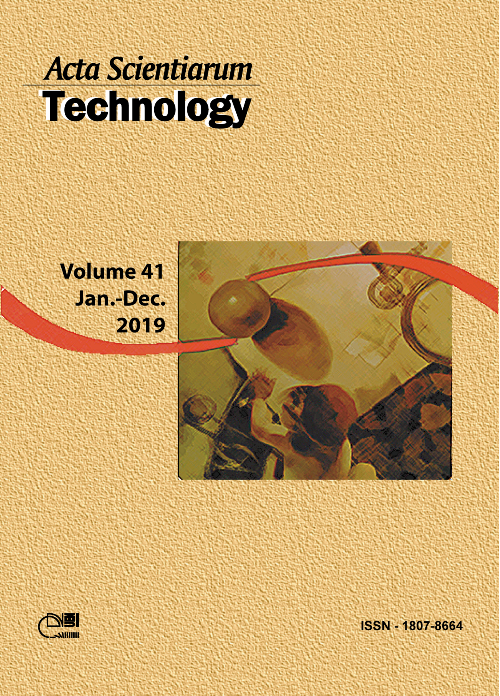A framework for the consensus decision-making based on arguments and common knowledge formation
DOI:
https://doi.org/10.4025/actascitechnol.v41i1.37955Keywords:
dialogue, argumentation, formal logic, agents.Abstract
 In an argumentative dialogue, agents exchange arguments to approve or disapprove a decision alternative. The problem arises when a group of agents with incomplete information needs to reach consensus on the decision. This study proposes a framework for decision-making where the argumentative agents can build the necessary common knowledge to make a decision based on every formula of the exchanged arguments. Each formula receives votes indicating either support or rejection. When a formula receives more supporting votes than rejection ones, that is, it is accepted by the majority, it becomes common knowledge. In this case, there is a consensus about that information, which influences the strength of the argument comprising the formula. The framework for decision-making permits to analyze the arguments related to every decision alternative and rank them based on the strength of the arguments. This framework is an alternative for existing ones based on preferences expressed by numerical values, allowing agents to explain the rationale behind the decisions.
Downloads
Downloads
Published
How to Cite
Issue
Section
License
DECLARATION OF ORIGINALITY AND COPYRIGHTS
I Declare that current article is original and has not been submitted for publication, in part or in whole, to any other national or international journal.
The copyrights belong exclusively to the authors. Published content is licensed under Creative Commons Attribution 4.0 (CC BY 4.0) guidelines, which allows sharing (copy and distribution of the material in any medium or format) and adaptation (remix, transform, and build upon the material) for any purpose, even commercially, under the terms of attribution.
Read this link for further information on how to use CC BY 4.0 properly.



















8.png)




